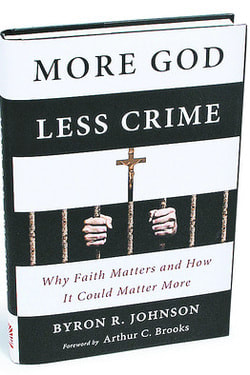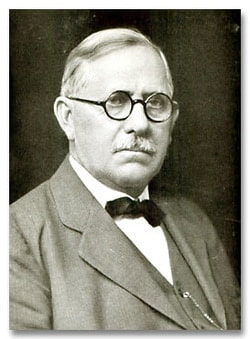
Caring not my Lord was crucified,
Knowing not it was for me He died on Calvary.
Mercy there was great, and grace was free;
Pardon there was multiplied to me;
There my burdened soul found liberty at Calvary.
By God’s Word at last my sin I learned;
Then I trembled at the law I’d spurned,
Till my guilty soul imploring turned to Calvary.
Mercy there was great, and grace was free;
Pardon there was multiplied to me;
There my burdened soul found liberty at Calvary.
Now I’ve given to Jesus everything,
Now I gladly own Him as my King,
Now my raptured soul can only sing of Calvary!
Mercy there was great, and grace was free;
Pardon there was multiplied to me;
There my burdened soul found liberty at Calvary.
Oh, the love that drew salvation’s plan!
Oh, the grace that brought it down to man!
Oh, the mighty gulf that God did span at Calvary!
Mercy there was great, and grace was free;
Pardon there was multiplied to me;
There my burdened soul found liberty at Calvary.
Date: 1895
Author: William R. Newell
Music: Daniel B. Towner
Story:
This 27-year old had just moved to a new position as a teacher, so one might expect he’d feel rather sure of himself. Yet he knew enough to retain his humility. What made William Reed Newell a gifted teacher was also what - -or whom, rather – made him aware of his own condition, of the route he’d travelled, and of where he was headed. Most of all, he knew whom he should thank for all of this experience, and the hope of what lay ahead. It all comes across in the song “Years I Spent In Vanity” that he composed in 1895.
Newell’s song may be more commonly known as “At Calvary”, and the lines he wrote seem to indicate this alternate title is probably more appropriate for the thoughts that were apparently going through his mind during its composition, too. It is said that Newell pondered his own conversion story for several weeks, and then in the space of a few moments, while he walked to a class that he was scheduled to teach one day at Moody Bible Institute, he penned the words. He’d just begun teaching at this institute in Chicago, so perhaps he was giving himself a bit of a self-exam, reviewing his own life as part of a new beginning at Moody. Ducking into an empty classroom to jot down the words that day suggests he sensed he had something special, something he wanted to be certain he recorded before he was distracted by other pressing duties. What happened next must have confirmed for him and his musical collaborator, Dan Towner, the school’s musical director, that “At Calvary” was indeed extraordinary. Towner composed the music in just an hour after receiving his friend’s words, so its quick development must have meant the words were powerful and incisive for him too. Maybe Newell was thinking about a lecture or a commentary on the Bible’s book of Romans, as someone has noted the song’s verses seem to follow the general outline of that ancient work, for which the composer was also a noted academic authority.
There are lots of reasons to look at Calvary the way William Newell did in 1895. It must have been personal for the composer, but he invites me to think along with him about the shadow that piece of wood casts. Verses 1 and 2 tell me Newell recognized his true nature, despite all of his notoriety, so I’m prompted to reflect ‘Am I any different?’Verse 3 allows me to rejoice with the composer that I can extend beyond my limits by accessing, of all things, another’s death. How strange! But, it’s not supposed to be conventional. God is, after all unique, and this cross-view perspective provides a window into His mind in verse 4. Yes, ‘at calvary’ is necessary, if I want to tie myself to God. It’s the one place on earth where I can see myself, ugly as I am, and Him at the same time with open arms, literally and figuratively. Oh, wait. I think there may be another moment somewhere out there when He’ll have open arms for me. For you, too.
Bible Verse
Luke 23:33 - When they came to the place called Calvary, there they crucified Him
This hymn was taken from this website: www.popularhymns.com/at_calvary.php
The story for this hymn was written by David Cain and was taken from this website: songscoops.blogspot.com/2013/03/years-i-spent-in-vanity-william-r-newell.html








 RSS Feed
RSS Feed